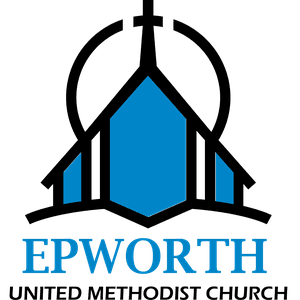"If I say, 'I will not mention him, or speak any more in his name,' then within me there is something like a burning fire shut up in my bones; I am weary with holding it in, and I cannot."
Jeremiah 20:9
Okay, so I covered this topic in a sermon several weeks ago, but I am still troubled by the underwhelming response to school shootings (even though both sides of the aisles in both houses of Congress are commending themselves on passing an anemic version of gun “safety” reform). I am also saddened by the debate over “thoughts and prayers” which has become the tagline for mass shootings. I tend to agree with Abdullah Shihipar, a Muslim writer for The Atlantic who believes “offering ‘thoughts and prayers’ after a mass shooting has become synonymous with doing nothing at all.” He quotes the New Testament epistle of James in response to the Uvalde massacre: “Suppose a brother or a sister is without clothes and daily food. If one of you says to them, ‘Go in peace; keep warm and well fed,’ but does nothing about their physical needs, what good is it? In the same way, faith by itself, if it is not accompanied by action, is dead.” Shihipar contends that prayer, like faith, “in its best form…combines reflection with intent to act.”
While it cannot be confirmed by those who study his writings, theologian C.S. Lewis (as played by Anthony Hopkins in the film Shadowlands) offers a similar assertion; when asked why he prays, he responds that prayer “doesn’t change God; it changes me.” I share that view. To say to a parent whose child has been slaughtered, “you have my thoughts and prayers” followed by a silent “but don’t expect me to take action” is a callous response that cheapens faith—especially when offered by those who actually have the power to change laws (while protecting the integrity of the precious 2nd Amendment). To those unacquainted with their savior, the “thoughts and prayers” line seems hollow; to those who are suffering (including Christians) even more so.
The worst pastoral calls I’ve made are those involving the death of a child. There is a sound that parents make when their child has died: a ferocious, guttural wail that brings to mind the Holy Spirit’s intercession (for those who, at times, do not know what or even how to pray) “in groans too deep for words.” Prayer can be a powerful catalyst for change—when not used as a platitude or band-aid. Prayer that is genuine, fervent, and regularly offered is never ineffectual; it is the very life-breath of a Christian. This is precisely why I am opposed to mandatory prayer in schools.
Huh? Aren’t pastors supposed to be in favor of prayer? Staunch advocates of prayer? Of course! But I absolutely cringe when I hear, as I often do, “What this country needs is to put prayer back in schools,” a notion as meaningless as tossing a cavalier “You are in my thoughts and prayers” to someone suffering an unimaginable loss. Hear me clearly here: I believe in the power of prayer, but “mandatory prayer” or “compelled prayer” is not prayer. Please understand, I began elementary school in 1964, the year after Madalyn Murray O'Hair’s legal challenge to the Baltimore public school system made its way to the US Supreme Court. Even in ground zero of that debate, every day before lunch we were instructed to recite the Lord’s Prayer at Cockeysville Elementary. Even in those more WASP-y days in Baltimore County, there were Jewish kids and Jehovah’s Witnesses and a smattering of Muslims, Buddhists, and non-believers who were not exempt from participating. Keep in mind that I was a regular churchgoer. I was confirmed at age 10. But you cannot imagine how quickly a group of fifth graders can recite (hardly pray) the Our Father when it stands between them, their PB&J, and free play period!
To think that returning to this practice would “fix” our nation—or protect our children from an armed terrorist—is naïve at best. We put enough pressure on teachers as it is—do we really want to charge them with instilling faith in our children? As people of faith (who regularly abdicate our responsibility to the very children we make covenant with at their baptism), how can we expect teachers to do our job? Should a person from another faith tradition be compelled to lead a Christian prayer? Should a non-believer be forced to lead children in a generic prayer to an unnamed deity? How would that fix anything?
I do believe in the power of prayer—to change us! What if the people of God were to pray fervently every day for schools? What if we were to commit ourselves to praying daily for the safety of school children, faculties, and staff? And what if that prayer moved us to love all children to the point of action? Epworth is entering a new level of partnership with Padonia International Elementary School. We will be helping them, the way we always have, by collecting school supplies. But this year we’re upping our game. We will assist them in establishing a clothing closet. We will be conducting a shoe drive. We will collect new socks and underwear as well as sweatpants (for those oopsies that happen). We will be asking for volunteers disciples to give an hour or four each month to read to kids. And I, as your pastor, will expect you to commit to daily prayer for Padonia and all schools.
Perhaps you will be moved to become political (not a dirty word) in terms of using your voice and vote to advocate for children. Perhaps you will be moved to teach Sunday School or VBS or serve as a mentor to our congregation’s youngest disciples. Perhaps you will teach them how to pray…why we pray…what it means to say “your will be done.”
Be careful what you pray for because it might just change you.


